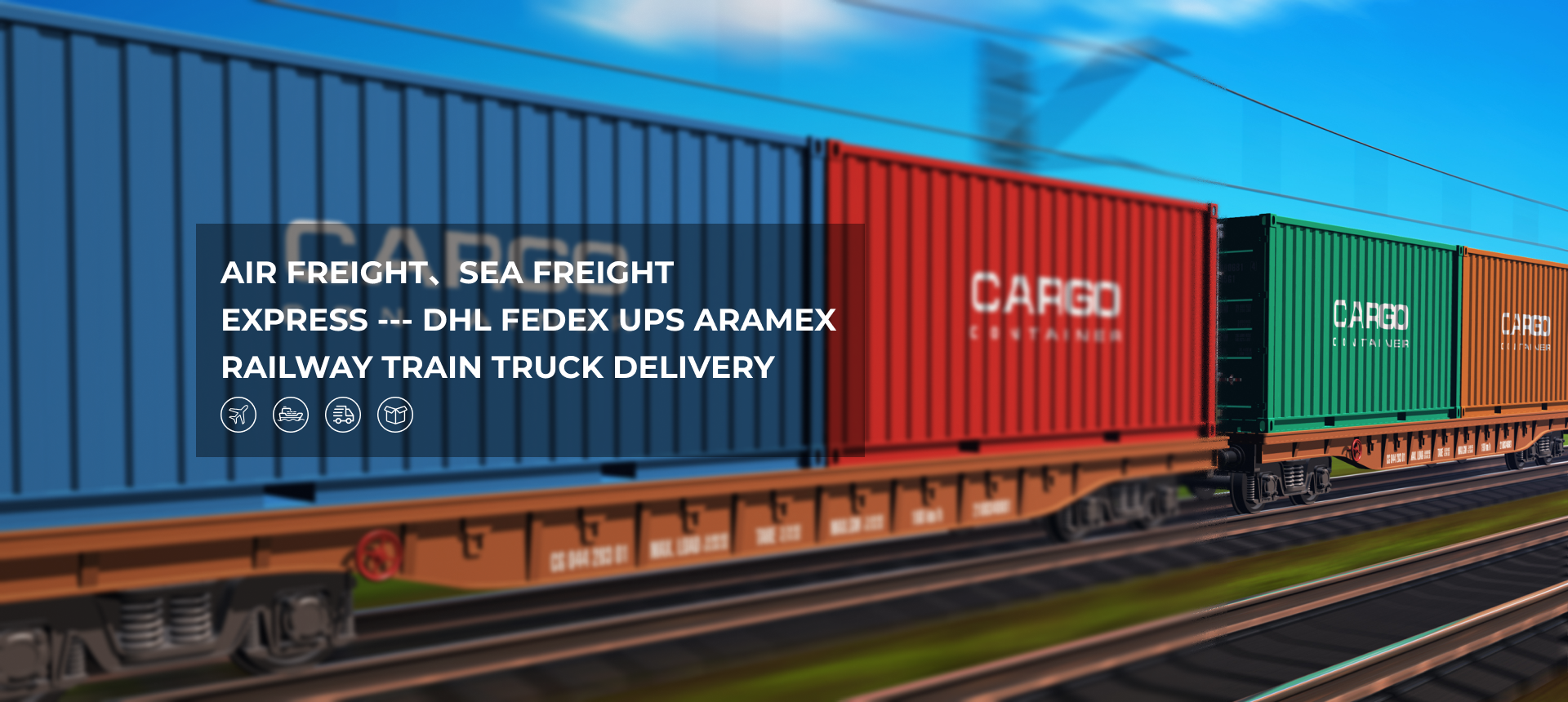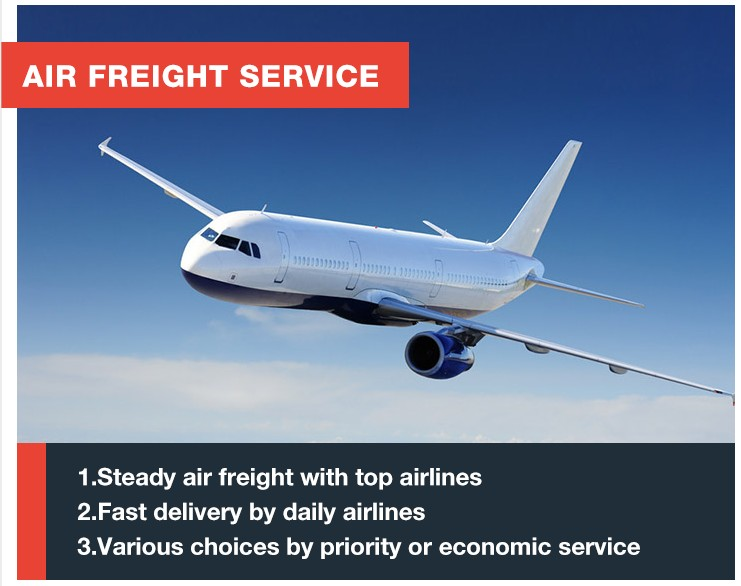הגברת יעילות שרשרת האספקה באמצעות פתרונות משלוחים ייעודיים
ניהול יבוא או ייצוא בקנה מידה דורש לוגיסטיקה מדויקת ופיקוח על עלויות. משלוח fcl מציעים פתרון חזק לעומת מכולות משותפות על ידי מתן גישה ייחודית למכולה עבור כל משלוח. בהשוואה בין משלוחים ייעודיים (FCL) למשולות חלקית (LCL), היתרונות ברורים מבחינת אבטחה, עלויות, זמנים ופיקוח תפעולי. משלוחים במכולות ייעודיות הופכים למשיכה במיוחד לעסקים שמעבירים באופן קבוע מטענים נפחיים, מחפשים זמני משלוח קבועים ומעוניינים להפחית סיכונים במניפולציות.
פיקוח תפעולי וזמני משלוח קבועים
מרחב ייחודי במכולה עם משלוחים במכולות ייעודיות (FCL)
משלוח fcl מבטיח שכל הקונטיינר שייך למשווק אחד, ומבטל את הטעינה המשותפת עם משלוחים אחרים. ייחוד זה מונע דחיות שנובעות מ המתנה לשרף או לפירוק במשלוחים חלקיים (LCL) ונותן לארגונים שליטה עצמאית על לוחות זמנים ותכולות האריזה.
עם שליטה מלאה על תזמון המשלוח, כיצד הדבר מועיל לפעילות בקנה מידה גדול? ניתן לאטום מכולות לאחר הטעינה ולהישאר ללא מגע עד להגעתן, תוך שמירה על שלמות המטען ופישוט המעקב.
זמינות קבועה ופחות נקודות מגע
המיסול בפיזור (LCL) לרוב כולל מספר שלבי טיפול, מה שמעמיס על הסיכון שהמטענים יופנו לכיוון הלא נכון או יתעכבו. במונחים של מיסול בحاינה ייחודית (FCL), הטיפול במטענים מוגבל לשלבים מעטים בלבד: איסוף, טעינה לנמל ומסירה ליעד הסופי.
התהליך המפושט מגדיל את התחזיות של זמני המשלוח. הארגונים נהנים מלוחות זמנים ברורים יותר, פחות עיכובים ותאום טוב יותר למחזורים של מלאי לפי דרישה (just-in-time).
יעילות כלכלית למשלוחים בעלי נפח גבוה
עלויות יחידה נמוכות יותר בקנה מידה
למרות שהעלויות הראשוניות של הזמנת מכולה מלאה עשויות להיראות גבוהות יותר משלוח LCL, עלויות יחידה יורדות באופן משמעותי כאשר המכולות קרובות לקיבולת. כללי גודל הופכים את ה-FCL Shipping לכלכלי יותר עבור משלוחים גדולים יותר.
איך זה משפיע על השורה התחתונה? עסקים המובילים הזמנות בקנה מידה קבוע לעתים קרובות מוצאים ששיגור FCL מוביל לעלות לוגיסטית הכוללת נמוכה יותר בהשוואה למשלוחים קטנים יותר של LCL.
מחירים שקופים ופחות הוצאות נסתרות
חוזי FCL Shipping כוללים בדרך כלל עמלה קבועה על המכולה ושיעור משלוח. מכיוון שאין איחוד מטען עם משלוחים אחרים, עסקים נמנעים משלוחים כגון טיפול בטרמינל, דמי דקונקולודציה או עלויות מנהל בלתי צפויות המקושרות לעתים קרובות ל- LCL Shipping.
הבהירות הזו מחיר תומך תקציב מדויק ומפחית הפתעות היתרון המנהלים לוגיסטיים רבים מעניק עדיפות עבור פעולות בקנה מידה גדול.

אבטחה ושמירה על יציבות המטען
סיכון נמוך יותר לנזק או לאובדן
בשיפת LCL מערבבים מטענים ממספר משליחים בקונטיינר אחד, מה שמעלים את הסיכויים לנהיגה לא תקינה או זיהום מוצלב. בשיפת FCL המטען נשאר מבודד ומסוגר מההתחלה ועד הסיום, מה שמקטין את סיכוני ההפצה.
למטענים שבירים או בעלי ערך גבוה, עד כמה חשובה שלמות המשלוח? שיפת FCL שומרת על האיכות ופוחתת את הטענות – מה שקריטי לשמירה על אמון הלקוח ופחתת אובדן.
הפשטה של אחריות וביטוח תביעות
במידה וSURGE מתרחשת, יותר קל לעקוב ולפתור עם שיפת FCL מאחר שמושלם רק למשלח אחד אחריות על הקונטיינר כולו. במקרה של LCL, קביעה של אשמה נעשית מורכבת יותר כאשר מספר צדדים משתפים את אותו שטח.
עם שיפת FCL, תביעות ביטוח ופתרון התביעות הוא קליל יותר – מה שמועיל ליצירת תהליך מנהלתי חלק ומבטיח פתרונות בזמן.
התאמה לשינויים וגמישות בסחר בינלאומי
תכנון קיבולת לעסקים בגדילה
במהלך צמיחת ארגונים, נפח המוצרים המשלוחים גדל בהתאם. משלוח FCL מאפשרת לארגונים לתכנן ולסקל את הלוגיסטיקה בצורה מדויקת. חברות יכולות להזמין מכולות מלאות לפי הצורך ולהתאים את התכנון הלוגיסטי לקשרים במורד הזרם.
גמישות זו תומכת בתנודות עונתיות, עליות חד-פעמיות עקב קידום מכירות, ובאחסון אסטרטגי של מוצרים בשווקים העולמיים.
Маршруטיזציה מותאמת וטעינה למספר יעדים
משלוח FCL מאפשר תכנון מסלולים מותאם אישית ותומך בשליחת מכולות חרות לכמה יעדים סופיים ממרכז אחד. זוהי יתרון גדול עבור חברות המנהלות רשתות הפצה אזוריית או ביצוע הזמנות עבור סניפים בינלאומיים.
משלחים קובלים שליטה לוגיסטית שלא הייתה ניתנת להשגה באמצעות משלוח LCL עקב מגבלות האיחוד.
היקשים סביבתיים ורגולטוריים
פיחות פחמן נמוך יותר לא יחידה המשלוחת
כאשר מיכלים ממולאים לחלוטין, משלוח FCL לרוב יוצר ח footprint פחתי פחות ליחידה אחת בהשוואה לטעינות LCL שברוצות. הפחתת מספר העצירות והאיחויים מובילה לחיסכון בדלק ובאנרגיה
יעילות זו חיונית לעסקים עם יעדי קיימות. יותר ויותר חברות מחשבות את ההשפעה הסביבתית לצד עלות ותזמון.
פחות עיכובים במכס ובעיות תיעוד
במקרה של משלוחים בפיזור (LCL), מספר משלוחים יוצרים מורכבות בנקודות ביקורת מכס. משלוחים בحاית שלמה (FCL) מפשטים את התיעוד מאחר שהם מייצגים מаниפיסט אחד ומקבל אחד.
הפשטת התהליך מפחיתה שגיאות, מצפינה את תהליך הפליטה מהמכס, ומקטינה את הסיכון להשהייה, עיקול או קנסות אי-התאמה.
תיאום מחסנים ו המלאי מוגזם
תכנון טוב יותר במחסנים המקבלים
מחסנים עלולים להיתפס על ידי זמני משלוח לא צפויים ומשלוחי LCL חלקיים. בשיטת משלוח FCL, צוותי מחסנים יכולים לצפות בשליחה אחת מאוחדת ולהקצות את כוח האדם והמקום בהתאם.
דבר זה משפר את לוגיסטיקת הכניסה ומזער את הפקקים או אי-היעילות בכוח העבודה בנקודות הקבלה.
נראות מלאי ואופטימיזציה של זרימה
FCL Shipping משפרת את זרימת המלאי על ידי התאמת נפחים גדולים של משלוחים פנימיים לצרכים של מכירות או ייצור. מעקב בזמן אמת אחר המכולות מאפשר לחברות לעקוב אחרי המשלוחים ולקבל החלטות מושכלות בנוגע להקצאת מלאי.
נראות משופרת מובילה לסיבוב מלאי מהיר יותר ופחות הון קשור במלאי.
הפחתת סיכונים והתכנון האסטרטגי
הפחתת הפרעות ברשתות אספקה גלובליות
FCL Shipping מספקת יתרונות אסטרטגיים על ידי הפחתת התלות בלוחות זמנים לא יציבים של מטענים משותפים. בסביבות מסחר לא יציבות, שימוש במכולות ייעודיות מבטיח שהמשלוחים יעברו במסלולים הצפויים עם תלות מינימלית בגורמים חיצוניים.
עבור עסקים שנפגעו מקונjestion בנמלים אזוריים או מדיניות מסחר משתנה, ניבויות זו מונעת את רציפות שרשרת האספקה.
שיפור דיוק החיזוי והתגובה לדרישה
מיזוג מכולות מלאות מספקת לחברה נתונים נקיים על לוגיסטיקה – מגמות מיזוג, זמני משלוח ותפוסת קיבולת. תובנות אלו משפרות את החיזוי ומאפשרות לחברה להגיב מהר יותר לשינויים בדרישה עם מלאי מוקם מראש.
היתרון האנליטי הזה הוא חיוני לקמעונאות ונשאות ייצור объемיות הפועלות בשווקים מרובים.
שקולים של מראה וتجربת הלקוח
מימוש הوعדות באמצעות אספקה עקבית
מיזוג FCL תומך באמינות אספקה גבוהה, מה שמוביל לאמינות המותג. פחות הפרעות במיזוג עוזרות בשמירה על זמינות המלאי ובמימוש הזמנות לקוחות בזמן.
ה cumplimiento של ציפיות הלקוחות מחזקת את אמון המותג והנאמנות לטווח הארוך. ניבויות בלוחות המשלוחים תורמת למספר קטן יותר של הזדמנויות מכירה פסויות וחווית קונה חיובית.
גמישות באופי המיתוג והאריזה
באמצעות מכולה מובטחת, עסקים יכולים לתכנן תצורות אריזה, תוספות הגנה או תצוגות מותאמות אישית, מבלי לדאוג לחלוקה של המרחב. הדבר מאפשר גימורי מותאמים אישית, חבילות שיווקיות ותהליך אינטואיטיבי של פתיחת האריזה - ומשפר את תהליך הצגת המוצר.
עבור חברות המשלוחות ישירות לקמעונאות או למשתמשים הסופיים, שליטה זו משפרת את חוויית הלקוח מההתחלה ועד הסוף.
שאלות נפוצות
אילו סוגים של עסקים נהנים הכי הרבה ממשלוח FCL?
חברות המשלוחות כמויות גדולות, במיוחד באופן חוזר, הן הנוטות להרוויח הכי הרבה. נכללות פה חברות ייצור,WholeSale וקמעונאות גדולה עם סיבוב מלאי גבוה.
האם משלוח FCL מהיר יותר מאשר משלוח LCL?
כן. משלוח FCL לרוב מונע מהשהיות הנובעות מאיחוד מטענים והפרדת מטענים. הוא עוקב אחרי מסלול ישיר ובטוח יותר.
האם יש דרישות גודל לשימוש בשיטת משלוח FCL?
טכנית לא, אבל כדי להפוך את משלוח FCL יעיל מבחינה כלכלית, זה עדיף כאשר משלוחים ממלאים את רוב המכולה בדרך כלל מעל 10 CBM או 6 חבילות.
האם ניתן להשתמש ב-FCL Shipping לסחר בינלאומי?
-בטח. -כן. ה- FCL Shipping הוא אידיאלי עבור מסלולי סחר בינלאומיים שבהם עקביות, נפח ואבטחה הם עדיפויות.
כיצד FCL Shipping מקטין את הסיכונים בהשוואה ל- LCL?
ה- FCL Shipping מקטין את הסיכונים על ידי הפחתת טיפול מטען, מניעת זיהום צולב, ושמירה על מטען סגור. זה מגביל נזק, אובדן, ומפשט את האחריות.
האם FCL Shipping טוב יותר עבור עסקים מודעים לסביבה?
-כן, אני יודע. כאשר המכולות מלאות, FCL Shipping יעיל יותר דלק ליחידה מאשר משלוחים מפוזרים של LCL. זה תומך ביוזמות קיימאות ובתכרות הפחתת פחמן.
תוכן העניינים
- הגברת יעילות שרשרת האספקה באמצעות פתרונות משלוחים ייעודיים
- פיקוח תפעולי וזמני משלוח קבועים
- יעילות כלכלית למשלוחים בעלי נפח גבוה
- אבטחה ושמירה על יציבות המטען
- התאמה לשינויים וגמישות בסחר בינלאומי
- היקשים סביבתיים ורגולטוריים
- תיאום מחסנים ו המלאי מוגזם
- הפחתת סיכונים והתכנון האסטרטגי
- שקולים של מראה וتجربת הלקוח
- שאלות נפוצות



